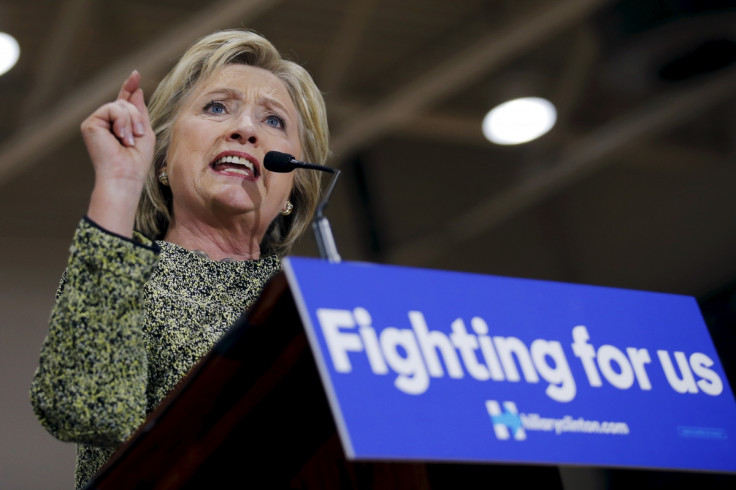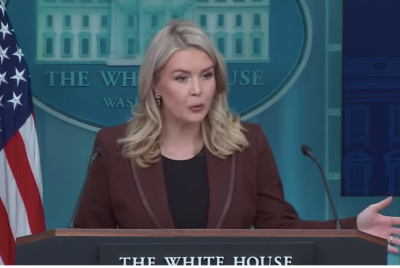Everything you need to know about Mega Tuesday primaries on 15 March

In less than 48 hours, the remaining four Republican and two Democratic presidential candidates will face off in five states for the second biggest collection of delegates. Donald Trump, Ted Cruz, Marco Rubio and John Kasich will vie for 358 delegates, while Hillary Clinton and Bernie Sanders will fight for 691 delegates. The results of these five races could easily make or break the ambitions of several candidates.
So what exactly makes these races so crucial? We break it down by state and by party. Republicans will be focused on Florida and Ohio, while Democrats will have Florida, Illinois and Ohio on their minds.
Florida
Florida will be crucial for both parties, with 214 delegates on the line for Democrats and 99 up for grabs for Republicans. While Democrats will divide their delegates proportionally, Republicans will be geared up for a winner-takes-all situation in the Sunshine State. Party frontrunners Hillary Clinton and Donald Trump have dominated polls in Florida, despite Senator Marco Rubio having home court advantage.
Real Clear Politics averages places Clinton significantly ahead of her rival, 62.0% to 31.1%. The latest CBS News/YouGov poll on 11 March gives Clinton a 28 point advantage, 62% to 34%. Poll averages also place Trump ahead by a wide margin, 41.4% followed by Rubio at 23.3% and Cruz at 19.7%. The CBS News/YouGov poll actually sees Rubio falling to third place at 21%, led by Cruz at 24% and Trump with 44%. Kasich, on the other hand, is in single digits in Florida.
Despite pushing for the support of his fellow Floridians, Rubio seems poised to lose in Florida. Polls continue to show his support dwindling. Losing in Florida, which is becoming increasingly likely, could spell the end of the young senator's campaign.
Ohio
Like Florida, Ohio is another key state for both parties and is a winner-take-all race for GOP candidates. There are 66 delegates at stake for Republicans and 143 delegates for Democrats. The race in the Buckeye State will be slightly closer for the Grand Old Party, with polls revealing Kasich pushing ahead to first place.
According to averages by Real Clear Politics, Kasich has a modest lead over Trump in his home state, 35.3% to 33.3%. The two candidates tied at 33% in the recent CBS News/YouGov poll, but two previous polls by NBC/WSJ/Marist and Fox News had Kasich ahead by six and five points respectively. On the Democratic side, Clinton enjoys a healthy 17 point lead in RCP averages. While a recent poll had her lead fall to single digits, all polls from March have the former secretary of state ahead of the Vermont Senator.
Kasich could pull off a surprising upset win in Ohio, giving his campaign the momentum it needs to continue on for a while longer. The popular governor has enjoyed recent support, with endorsements coming from former California governor Arnold Schwarzenegger and former Speaker of the House John Boehner. NPR noted, however, that if Kasich loses Ohio, his campaign too could reach its end.
Illinois, Missouri and North Carolina
The remaining three states are crucial for the candidates but are significantly less impactful as Florida and Ohio, particularly for Republicans. For Democrats, there are 156 delegates in Illinois, 71 in Missouri and 107 in North Carolina. For Republicans, there are 69 delegates in Illinois, 52 in Missouri and 72 in North Carolina.
Trump enjoys a lead in each state, with Cruz creeping up behind him in Illinois and Missouri. Likewise, Clinton enjoys double digit leads in Illinois and North Carolina and a modest single digit lead in Missouri. However, following Sanders' surprising upset in Michigan, Clinton cannot be too sure of her victories in these three states. NPR noted that while Clinton remains ahead in delegate count, if Sanders manages to pull off more surprise wins, Clinton could look weak and potentially lose the support of some super delegates.
Following the 15 March primaries, Republicans will face off in Arizona and Utah on 22 March. Democrats, on the other hand, will battle it out in Arizona, Idaho and Utah on 22 March and in Alaska, Hawaii and Washington on 26 March.
© Copyright IBTimes 2025. All rights reserved.




















